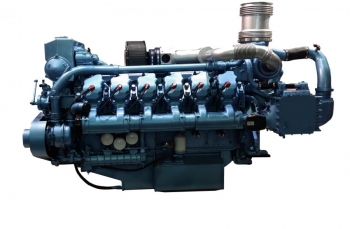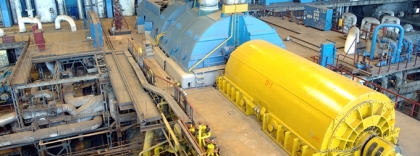WHAT is Cogeneration?
Cogeneration defines those processes in which useful electrical energy (or mechanical) and thermal energy are produced simultaneously from engines with fuel.
Cogeneration systems are effective alternatives to traditional main electrical networks and boilers for heating.
Cogeneration is a fully developed technology is successfully applied in industry. For several years due to its advantages
undeniable, it was also used successfully in the services sector.
GENERATOR SYSTEM OF ELECTRICITY
Simultaneous production of electricity and heat in cogeneration plants helps fuel energy use at levels incomparable.
Compared with the generation of electricity in a thermal power station and heat production with a boiler, producing simultaneous energy and heat in a cogeneration plant equipped with a gas engine Dewerk saves about one third of primary energy.
Cogeneration systems developed by Dewerk are effective alternatives to traditional methods based on the use of power electricity and heat generation boiler.
ADVANTAGES
There are plenty of benefits of cogeneration, both for its users and for society as a whole.
Advantages for the user:
Reduce energy costs by saving primary energy and lower operating costs of a cogeneration plant.
Independence from the supply outlet and reliability as energy for industrial processes is self-generated.
The size of the cogeneration plant based on process energy requirements.
Benefits for society:
Increased environmental protection as emissions are reduced drastically.
Improving the efficiency of energy generation; electricity and heat production, transport and distribution costs reduced significantly
because energy is produced in the place where it is used ..
Balance between demand and supply of energy, which will reduce and stabilize energy prices.

